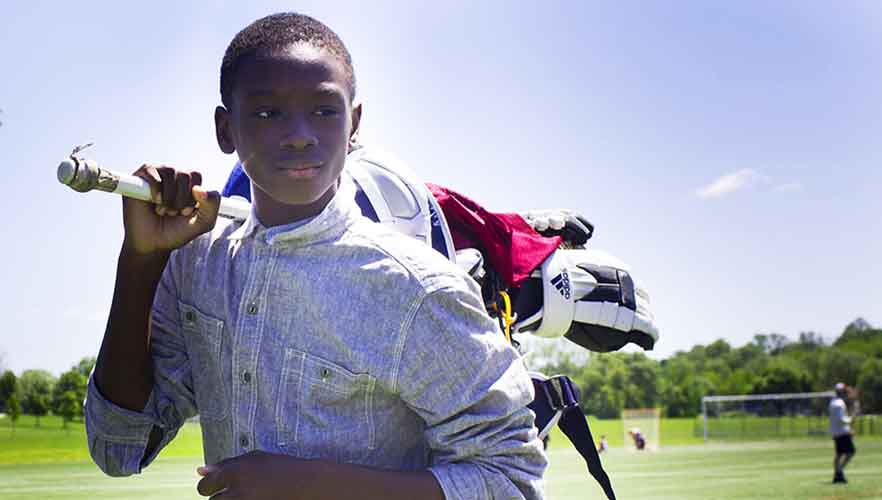In a national survey conducted by the Maryland-based Youth Sports Collaborative Network (YSCN), youth sports programs serving low-income communities reported 84 percent of their more than 146,000 registered youth have not regularly participated in their programs due to the COVID-19 pandemic. This result was notwithstanding 71 percent of these nonprofits implementing for their youth a variety of new virtual training and communications with coaches to stay in touch.
The 82 surveyed programs are nonprofits operating in 32 cities across the country. Each serves youth that qualifies for school lunch programs, and two-thirds offer their programs free of charge. Collectively, these nonprofits provide over 28 different sports and fitness programs with 20 different non-sport youth development programs that include educational support in homework assistance, literacy and STEAM.
Most of these nonprofits use the sports-based youth development (SBYD) model that delivers sports to achieve positive non-sports outcomes. These include social-emotional learning, pro-social relationship skills such as fair play and respect for one’s opponent and better academic performance.
“Belonging is a basic human need, and creating belonging is a core product of SBYD programs,” said Bethany Henderson, network president of Washington, D.C.-based America SCORES. “That is why SBYD programs play such a critical role in supporting children and teens’ mental resiliency and social-emotional wellbeing. Integrating non-sports elements into SBYD programming increases those impacts exponentially, and expands them to include school engagement and academic attainment.”
93 percent of the surveyed sports nonprofits collectively offered a wide range of additional critical youth development programs. Mentorship, academic support, civic engagement, and career/job planning were the five most widely non-sports programs of the 20 provided across the 82 nonprofits.
While travel and other pay-to-play youth sports teams returned to play over the summer, few programs, according to the survey, were able to do so as they primarily conduct their programs at fields and facilities of schools and local parks and recreation which were closed or had limited access.
And without in-person programming, 81 percent of the survey’s nonprofits are concerned with the health and wellness of their program youth. This concern also is supported by reports across the country on the limitations/challenges with virtual education.
“SBYD programs are critical to a child’s holistic education. The closing of schools and increases in mental health challenges brought on by the pandemic has made SBYD programs more important than they have ever been before,” said Mike Levin, CEO of Los Angeles-based Harlem Lacrosse. “We have prioritized safe, in-person programming, when possible at Harlem Lacrosse because we know that our programs are most effective and our students are most connected when they can be around their coaches and teammates.”
Photo courtesy Harlem Lacrosse














